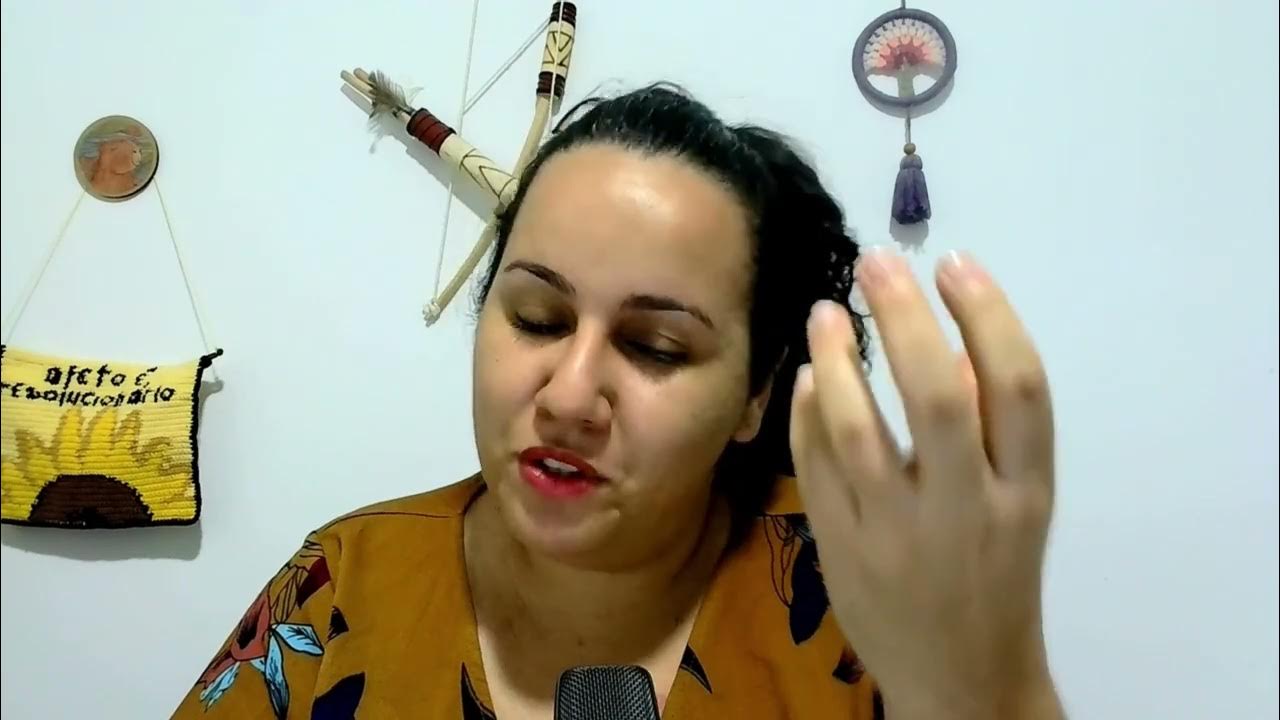Language: The First 5 Years of Life of Learning
Summary
TLDRThis video explores the critical role of language in cognitive development, emphasizing early life experiences as foundational. It contrasts the language acquisition of 'Lucky Lucy,' raised by a native English speaker mother, with 'Poor Pete,' raised by a nanny with limited vocabulary. The script illustrates how language richness impacts a child's world view, cognitive abilities, and social interactions, suggesting that early exposure to a diverse vocabulary is crucial for optimal brain development and language skills.
Takeaways
- 🌐 Language is the most significant human invention, enabling the sharing of knowledge beyond individual experiences.
- 🧠 Early life experiences are crucial for brain development, with the brain's plasticity decreasing over time.
- 👶 At age five, 90% of a child's brain development is complete, emphasizing the importance of early stimulation for language learning.
- 🗣️ Language is a social construct learned through interaction and imitation, not through isolation or technology.
- 📈 The first year of life is critical for language development, with the brain's language center growing rapidly during this period.
- 👂 Infants as young as four months can differentiate between languages, showing the early development of sensory pathways for language.
- 📚 Rich language exposure is essential for higher cognitive functions like logical reasoning, which peak after language acquisition.
- 🌟 Language proficiency enriches our world, allowing for complex communication and creative thinking.
- 👧 Lucy, who was exposed to a rich language environment, developed a larger vocabulary and better language skills compared to Pete.
- 👦 Pete's limited language exposure resulted in a smaller vocabulary and less developed language skills, affecting his ability to understand and express himself.
- 🛠️ The narrative of Lucy and Pete illustrates the impact of language environment on a child's cognitive and linguistic development.
Q & A
What is the significance of language in human development according to the script?
-Language is crucial for human development as it allows the sharing of knowledge beyond direct experiences, enhancing learning and communication.
How does the brain's ability to change relate to language acquisition?
-The brain's ability to change dramatically drops with age, and the effort required for change increases, making early life experiences vital for language development.
What percentage of a child's brain is formed by the age of five according to the research mentioned?
-By the age of five, 90% of a child's brain has been formed, emphasizing the importance of early stimulating experiences for language and brain development.
Why did the children in German Emperor Friedrich II's experiment not learn to speak?
-The children did not learn to speak because they were deprived of social interaction and language stimulation, highlighting the necessity of social engagement for language acquisition.
How does the script explain the importance of social interaction in language learning?
-The script illustrates that toddlers need to be motivated through human relationships to pay attention and learn language, as opposed to learning through tapes or technology.
What is the peak period for language development in children?
-The peak period for language development is between birth and age 3, during which children can learn a new word every 90 minutes and several languages simultaneously.
How do sensory pathways contribute to language learning according to the script?
-Sensory pathways responsible for vision and hearing peak before language development, as they are essential for children to see and hear in order to imitate language.
What is the difference in language exposure between Lucy and Pete during their first year, as described in the script?
-Lucy, exposed to her mother's rich language, hears around 10,000 words per day, while Pete, with a nanny knowing fewer words, hears around 1,000 words directed at him daily.
How does the script use the example of Lucy and Pete to demonstrate the impact of language exposure on vocabulary growth?
-By the end of their third year, Lucy has a vocabulary of 1,500 words, while Pete has only 500, illustrating that the quantity and quality of language exposure significantly affect vocabulary development.
What is the role of bedtime stories in Lucy's language development as portrayed in the script?
-Bedtime stories read by Lucy's mother help her learn new words out of context, enhance her imagination, and improve her ability to think creatively.
How does the script suggest that language abilities can influence a child's understanding of the world?
-The script implies that with a larger vocabulary, Lucy has a more extensive 'toolbox' for encoding the world, forming thoughts, and structuring ideas, giving her a significant advantage in understanding and communication.
Outlines

Esta sección está disponible solo para usuarios con suscripción. Por favor, mejora tu plan para acceder a esta parte.
Mejorar ahoraMindmap

Esta sección está disponible solo para usuarios con suscripción. Por favor, mejora tu plan para acceder a esta parte.
Mejorar ahoraKeywords

Esta sección está disponible solo para usuarios con suscripción. Por favor, mejora tu plan para acceder a esta parte.
Mejorar ahoraHighlights

Esta sección está disponible solo para usuarios con suscripción. Por favor, mejora tu plan para acceder a esta parte.
Mejorar ahoraTranscripts

Esta sección está disponible solo para usuarios con suscripción. Por favor, mejora tu plan para acceder a esta parte.
Mejorar ahora5.0 / 5 (0 votes)






